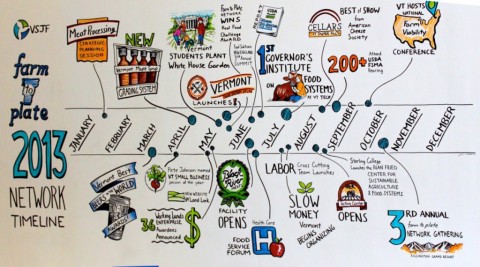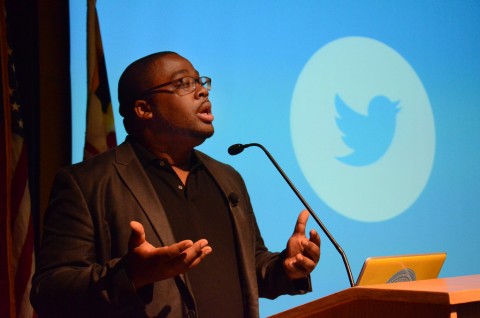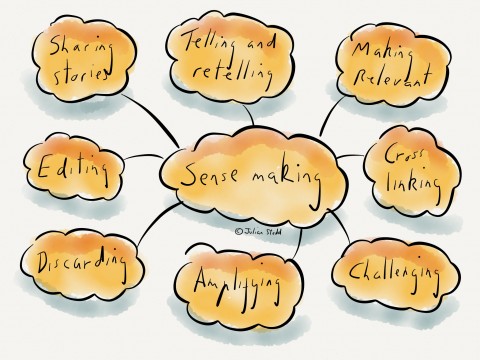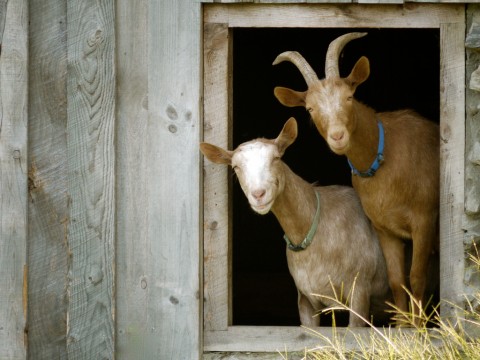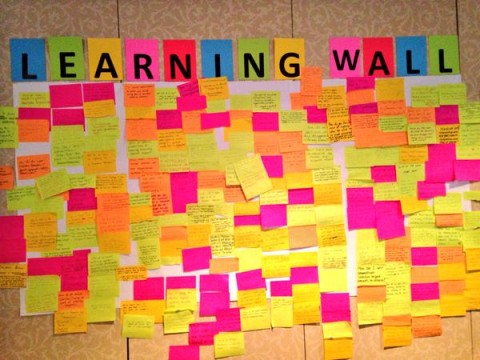
For the past three years, IISC has been privileged to partner with Food Solutions New England, under the convening of the Sustainability Institute at UNH, to develop a regional network to support a more just and sustainable food system. As part of this effort, we have pulled together a remarkable and dedicated Network Team, the members of which have taken it upon themselves to be champions, connectors, and strategists for this effort. Having released an ambitious Food Vision, FSNE is now reaching out to diverse partners across New England to make it a reality. The post below originally appeared on the FSNE blog, and is written by Network Team member and CEO of the Witness Project of Connecticut, Marilyn Moore. Marilyn is a strong advocate for racial and health equity and lives in Bridgeport, CT. She was recently elected to the Connecticut State Senate where she is Chair of the Human Services Committee and Vice Chair of the Environment Committee. Her message and ongoing work speak to the importance of putting equity at the center of our efforts to create sustainable systems for food, health, and economy.
More than 15 years ago I began educating women about breast cancer mortality and early detection. Most of my outreach centered around African American women who suffer the highest mortality even though the incidence is higher in white women than black women.
As a lay person, I find that what I don’t know allows me to look at issues from a common sense approach and ask those dumb questions. If every woman gets screened early why are their outcomes so bad? Sometimes the reason is the state of their health and when it is poor, they have poorer outcomes.
After educating over 15,000 women and witnessing first-hand how much they suffer through cancer and sometimes die, I learned that many of their outcomes were poor due to their overall general health. African Americans suffer from high rates of diabetes, heart disease, and cancer. Some of these women are battling more than one disease at a time. When a friend, who had her first chemo treatment, died at age 42 from a heart attack, I learned she was also diabetic and her diet lacked fresh fruits and vegetables.
We are surrounded by food deserts, the bodegas where most inner city people without transportation shop, don’t offer many healthy choices. Fresh fish, vegetables, and fruits are not available, cost prohibitive, and in the corner stores, unattractive. Urban communities need more local, affordable, and culturally appropriate foods.
As we look towards producing 50% of our food in the New England states by 2060 we must be mindful that if we are going to be inclusive, we must consider those who suffer the greatest health disparities. It’s not only about the right foods being available, but that we all have access.

July 24, 2014
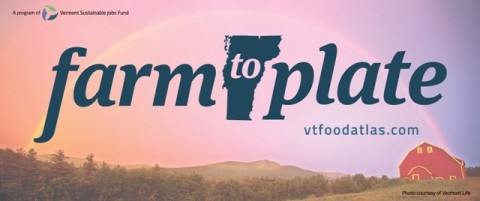
The following article appeared in an email newsletter from the Vermont Farm to Plate Network (VTF2P) one of IISC’s clients in network and collaborative capacity building. The author is Beth Cullen, co-chair of the Farm to Plate Consumer Education & Marketing Working Group and owner of Root Consulting, who attended the New England Food Summit that Cynthia Parker and I helped to design and facilitate. It is great to see the power of that two day convening and conversation continuing to ripple out into the region. VTF2P plans on integrating the conversation about equity into their upcoming October convening . . .
New England Food Summit targets social justice to drive change in the food system
The 4th Annual New England Food Summit, organized by Food Solutions New England, convened over 110 delegates in June to discuss racial equity and food justice in the region. Summit organizers unveiled the New England Food Vision, a regional aspiration to locally produce at least of 50 percent of the fresh, fair, just, and accessible food consumed by New Englanders by 2060.
Read More
July 17, 2014
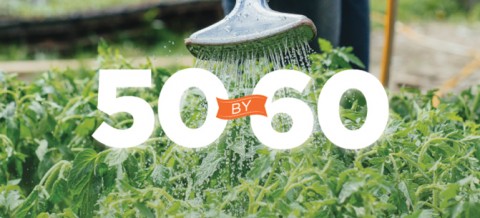
The following article appeared last month in the Northeast Sustainable Agriculture Working Group (NESAWG) newsletter. NESAWG is a 12-state network of over 500 participating organizations. Together, they unite farm and food system practitioners and allies to build a sustainable, just and economically vibrant region. From one network to another, the article profiles Food Solutions New England (FSNE), a network building effort now going into its third year of intentional development. It captures where FSNE was just prior to the New England Food Summit, which advanced connectivity and commitment to both regional action/identity and work for racial equity. NOTE: I have added links, bolded text, and pictures to the body of the article.
Read More
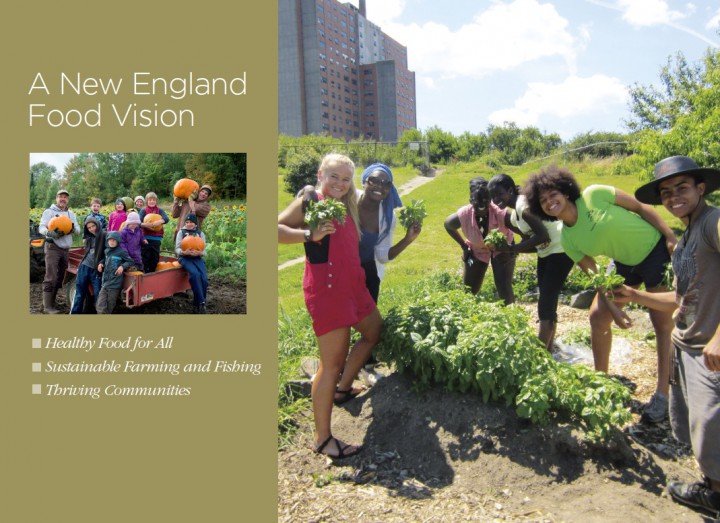
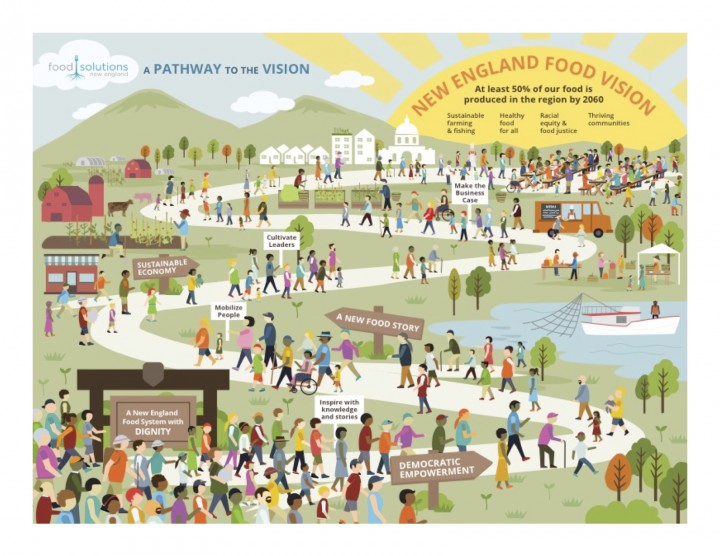 Last week over 190 delegates attended the 6th annual
Last week over 190 delegates attended the 6th annual 


